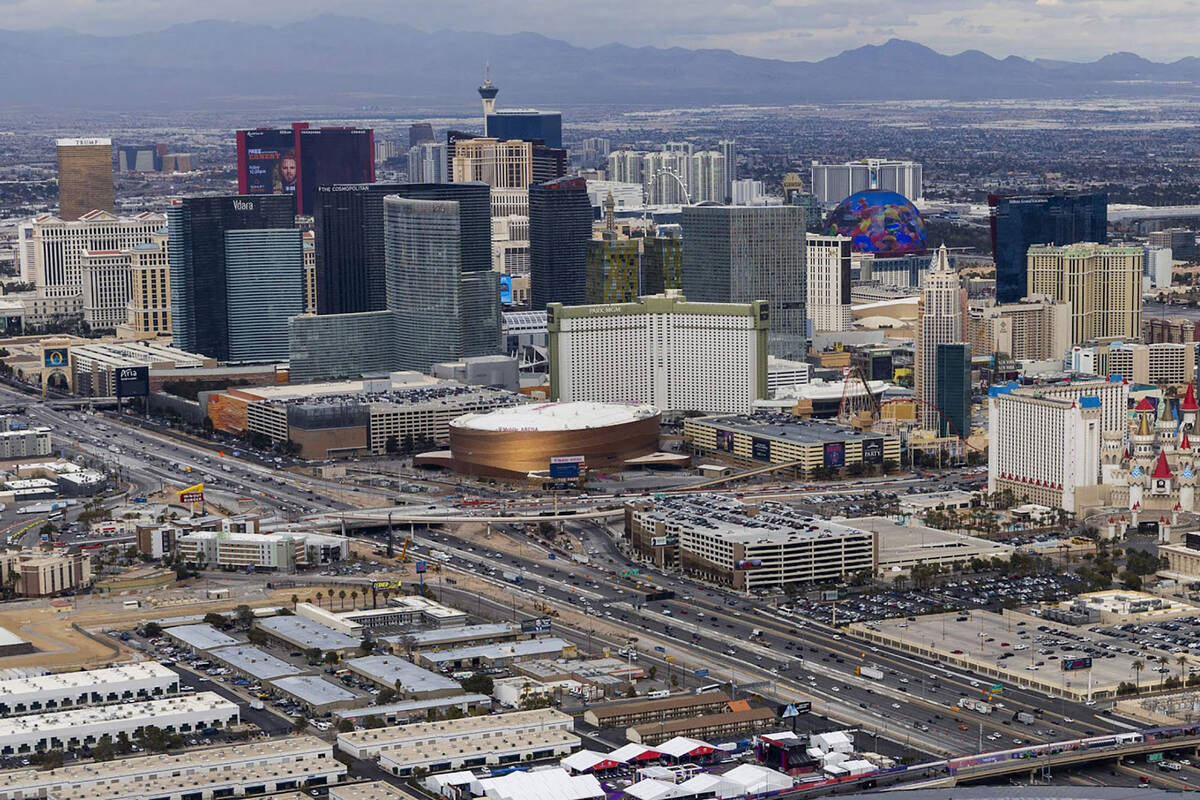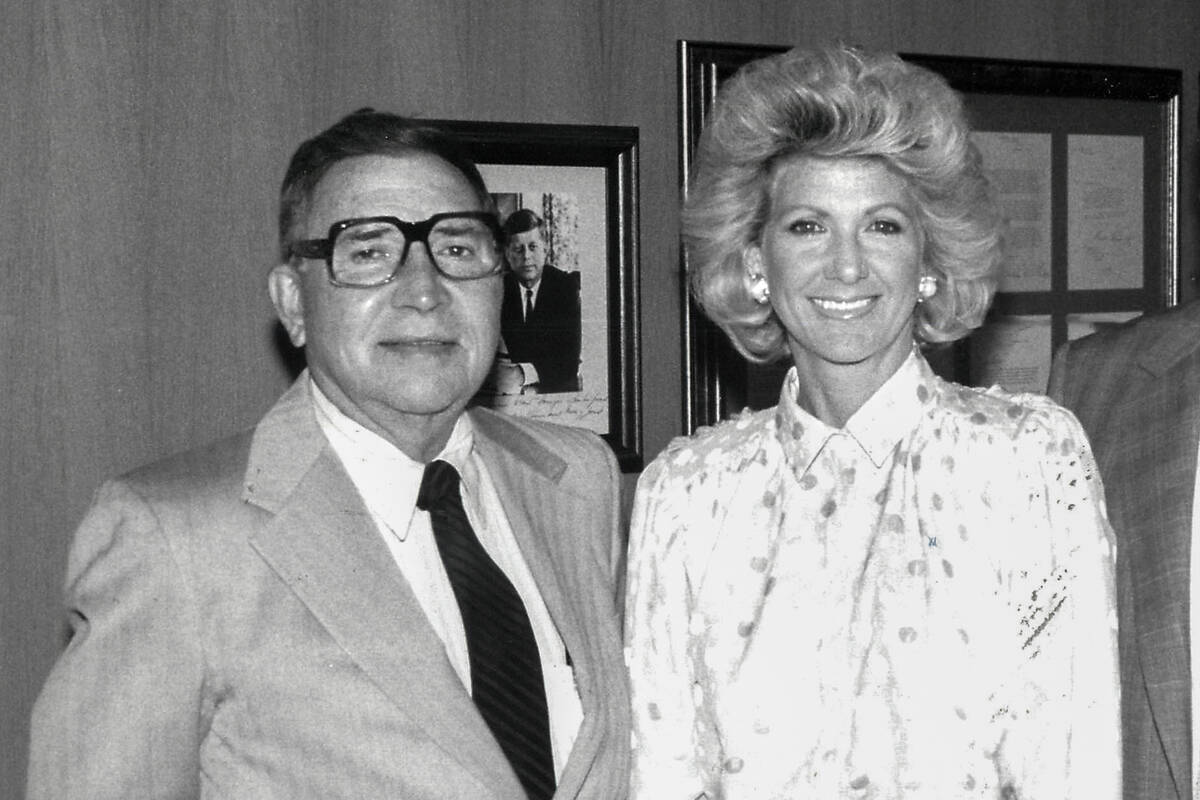While some tourism experts say it’s too early to tell the potential impact the Southern California fires will have on Las Vegas tourism, commentators are divided on whether potential visitors will stay home in the aftermath or need a break from the stress and come anyway.
Southern California makes up about a third of Las Vegas visitors. Historically, there has been less of a lull in visitation to the Strip following fires, mudslides, earthquakes and other disasters that have struck California communities.
But the widespread devastation caused primarily by the Palisades and Eaton fires that began Jan. 7 makes this disaster different from others. Between them and nearly 30 other smaller fires, more than 38,000 acres have burned and more than 12,000 buildings have been destroyed.
While some leaders believe there won’t be a long-term impact on visiting Las Vegas, others say victims will prioritize recovery and the paperwork that comes with it over travel.
“It’s very early to understand what the effects of the wildfire will be on Las Vegas,” said Amanda Belarmino, assistant professor at UNLV’s William F. Harrah College of Hospitality. “Many of the casinos have already been very generous, and I expect to see further generosity both from the casino companies and our citizens.”
She was referring to the many donations to relief efforts from casino company foundations and through other charities.
“I would expect to see fewer visitors from California because travel will not be their first priority, and many of them will not be able to afford it,” Belarmino said. “However, Las Vegas is always resilient, and with increased consumer confidence this year, I expect we will be in a good enough position to remain strong and help our neighbors to the west.”
No significant impact
Steve Hill, president and CEO of the Las Vegas Convention and Visitors Authority, is among those who don’t think visitation will suffer much as a result of the fires, but he also said it may be too early to tell.
“While it is premature to comment on the implications for Las Vegas, we do not anticipate any significant economic impact,” Hill said in an emailed comment. “Our focus remains on those affected by the ongoing and devastating fires, and we are deeply grateful for the contributions many in Las Vegas have made to support relief efforts.”
Josh Swissman, founder and CEO of Las Vegas-based GMA Consulting, sees two potential scenarios coming out of the disaster: that Southern California would devote all its resources to recovery and not come to the city, or break away for short trips like a break from the recovery process.
“I think they’re going to be distracted from their normal kind of visiting or vacationing patterns just because they have so much of their lives and their homes to clean up and rebuild,” Swissman said.
“At the same time, I think Vegas also serves as a nice kind of quick respite and refuge to put, if only temporarily, your worries behind you,” he said. So I kind of go both ways there. I think you’re going to see some people who just want to get away for a weekend while they continue to sort out their lives.”
He expects the pattern to continue for some time due to the enormity of the destruction.
“If a vacation is in the cards for these people and they’re budget-conscious, Vegas has always served as a nice, relatively low-cost destination,” he said. “And it’s relatively close. You can do it at the last minute, you can jump in your car. You know, gas, while it’s more expensive than any of us want it to be, it’s not prohibitively expensive for a travel here.”
Of the Nevada Resort Association’s 75 members, 63 properties are in Southern Nevada, and NRA President and CEO Virginia Valentine said Southern Nevada has had a long-standing relationship with Southern California that extends to helping them in times of need.
“Southern California is a special part of our community as neighbors, visitors, friends and family of Southern Nevadans,” Valentine said in a statement.
Close ties
“With such close ties between our communities, the resort industry provides immediate support to the Los Angeles area through significant monetary donations to the Red Cross and LA Fire Department Foundation; matching employee donations dollar for dollar; holding donation drives; contributing portions of sales; sending in merchandise nature; and offers flexible and discounted stays.”
While the discounted stays were well-intentioned, some resorts that offered discounted rates immediately after the fires were criticized on social media for being insensitive.
“We recognize that this is a long-term crisis that will require additional support and assistance,” Valentine said. “By working with the governor and state and local leaders, Nevada’s resort industry will continue to strongly support our neighbors to help them recover as quickly as possible.
“Our concern is for the safety and well-being of residents, firefighters and first responders, and we applaud Governor (Joe) Lombardo and local fire departments for sending critical resources and strike teams to assist.”
–





